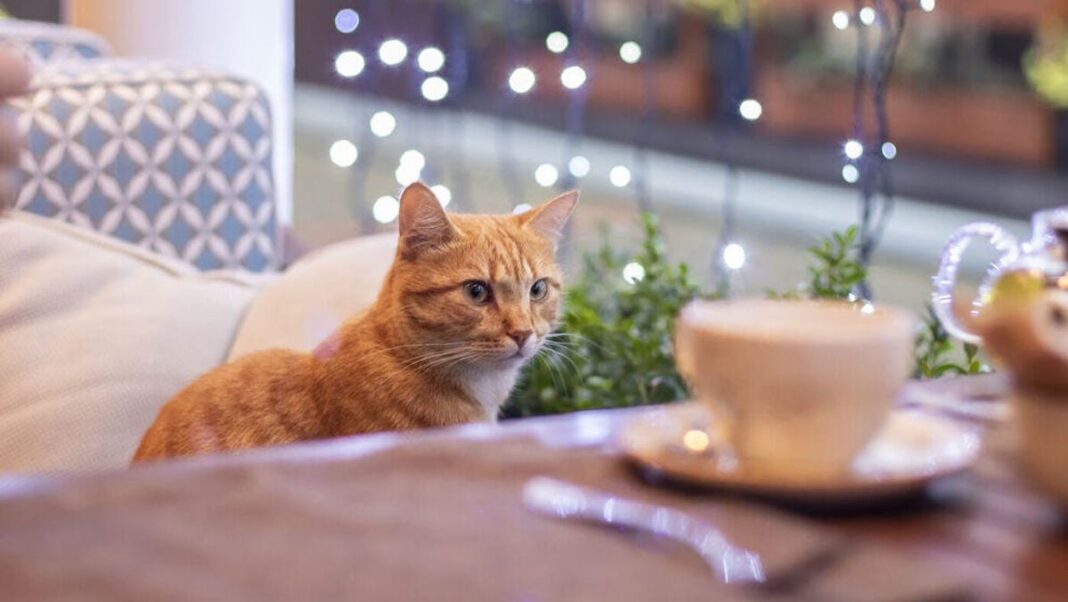Can cats eat pumpkin? Find out if autumn squash is safe for your feline friend
Pumpkin is often a staple in holiday recipes, appearing in everything from pies and cookies to tarts and crumbles, providing both flavor and nutrition.
This orange squash is loaded with Vitamin A, Vitamin C, fiber, Vitamin E, and iron, as reported by Healthline. It’s great for human diets, but is it also good for pets?
While dogs can safely consume pumpkin, what about cats? Here’s what we’ve discovered regarding feeding pumpkin to your cat:
Can cats eat pumpkin?
Absolutely, cats can eat pumpkin. According to PetMD, plain pumpkin is safe for cats, and it can even contribute positively to your cat’s health, as stated by Hill’s Pet Nutrition.
Pumpkin is not only nutritious, but it also provides potassium, phosphorus, calcium, and other essential minerals and vitamins, as noted by Hill’s Pet Nutrition.
The fiber in pumpkin can aid your cat’s digestive system. It’s often used to address stomach issues, helping to alleviate excess moisture in the digestive tract and treating diarrhea. Additionally, the moisture content in pumpkin can assist with constipation, according to Hill’s Pet Nutrition.
Pumpkin also supports the health of your cat’s eyes, skin, and coat, and can enhance their immune system, as mentioned by the Animal Humane Society.
Is pumpkin safe for cats?
While pumpkin is generally safe for cats, there are important considerations to keep in mind when introducing human food into their diet.
Cats are classified as “obligate carnivores,” meaning their health heavily depends on a meat-based diet, according to the American Society for the Prevention of Cruelty to Animals. Non-meat foods should be offered sparingly, as advised by PetMD.
Only plain, unsweetened pumpkin should be given to cats, as recommended by the Animal Humane Society, whether canned or fresh.
Avoid giving pumpkin pie filling to your cats, as the added sugars, spices, and fats found in these desserts can be harmful, warns Hill’s Pet Nutrition.
Before serving pumpkin to your cat, make sure to remove the stem, leaves, skin, or raw seeds, as suggested by the Animal Humane Society.

